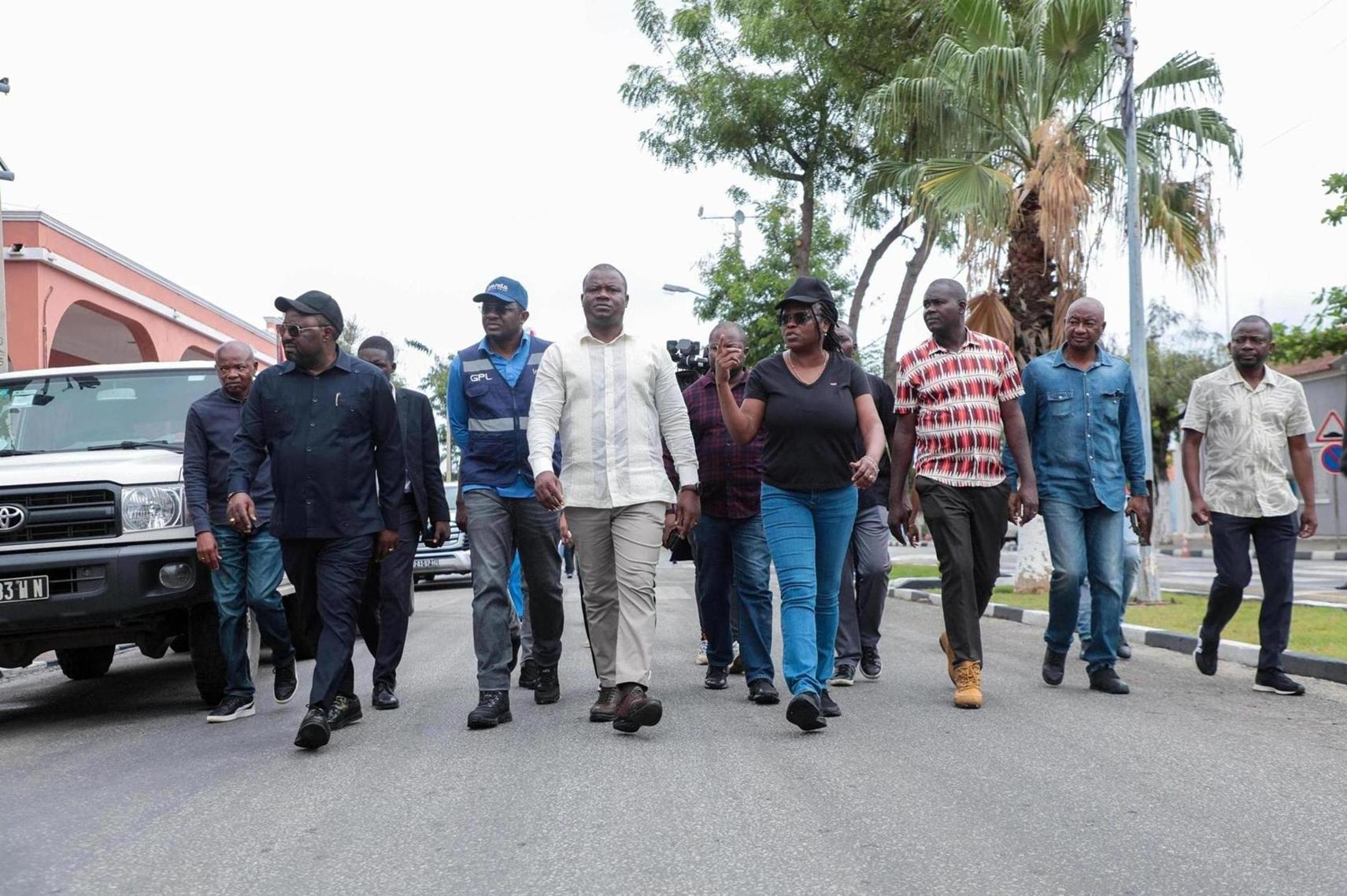Africa-Press – Angola. The Minister of Territorial Administration (MAT), Dionísio da Fonseca, assured, on Saturday, in the municipality of Icolo e Bengo, a new province of Angola, that the existing facilities in the region will initially allow for housing some public services.Dionísio da Fonseca made these statements during a fact-finding visit to the infrastructures of the municipal and district administrations of the future province of Icolo and Bengo, as part of the actions of the installation commission, responsible for preparing and organising the administrative, human and material conditions of the new regions.
According to the minister, the challenge will be relatively minor, although some accommodations will need improvement work. Dionísio da Fonseca said that, in some cases, “it will be necessary to expand or widen the facilities”.
In the first phase, he explained, the current structures will be adapted in the municipality of Icolo and Bengo and also in other urban districts, such as Zango, the commune of Calumbo and the urban district of Bela Vista, which should also house some of these services.
In this context, Dionísio da Fonseca expressed satisfaction at noting that the proposed law on the Political-Administrative Division provides for the allocation of financial resources to the new provinces and municipalities, which, according to him, will ensure that, in January 2025, “they can effectively start operating”.
In his speech, the Minister also highlighted that the territorial boundaries between the provinces and municipalities of Luanda and the future province of Icolo and Bengo are clearly defined, which makes it easier for citizens to understand. According to the Minister, the primary objective was not only the creation of new provinces and municipalities, but also the clarification of interprovincial and intermunicipal boundaries.
“Today, it is clearer to see where one municipality begins and another ends. We mainly use natural elements, such as river courses and national roads, to demarcate interprovincial and intermunicipal borders. We are better organized in this regard, the territory is better structured and this will facilitate the exercise of government action”, he stated.
Dionísio da Fonseca also emphasized that the Government will pay special attention to human capital. “Human resources will be at the service of these territorial units,” he assured, highlighting that it will be necessary to train people.
“We have already proposed to hold, during the month of November, an introductory civil course, that is, a public service course, to train current municipal administrators and potential future municipal administrators, in matters ranging from administrative procedures, management and territorial planning to public security management at municipal level. We will ensure that everyone has the necessary tools for more efficient and effective management of provinces, municipalities and communes”, he stressed.
Regarding health services, the Minister of Territory explained that both the current territory of the province of Luanda and that of the future province of Icolo e Bengo “are well served”. Icolo e Bengo will have the General Hospital of Viana, the Bishop Emílio de Carvalho, the Sequele, the Mártires do Kifangondo, as well as municipal hospitals and a network of health centers and posts.
“This will naturally guarantee health coverage for the province,” stressed Dionísio da Fonseca. In the case of Luanda, he highlighted several health units, such as the Américo Boa Vida Hospital, which is undergoing rehabilitation and serves many patients.
The municipal administrator of Icolo e Bengo, Isabel Kudiqueba dos Santos, stated that it is necessary to strengthen the educational offering in the province, with the construction of more high schools and universities, in addition to increasing the number of teachers. “We have a shortage of teachers. We intend to expand the existing schools, as we still have some with three, four or five classrooms. These should be expanded, but we already have a considerable number of classrooms in the region”, she highlighted.
For More News And Analysis About Angola Follow Africa-Press






